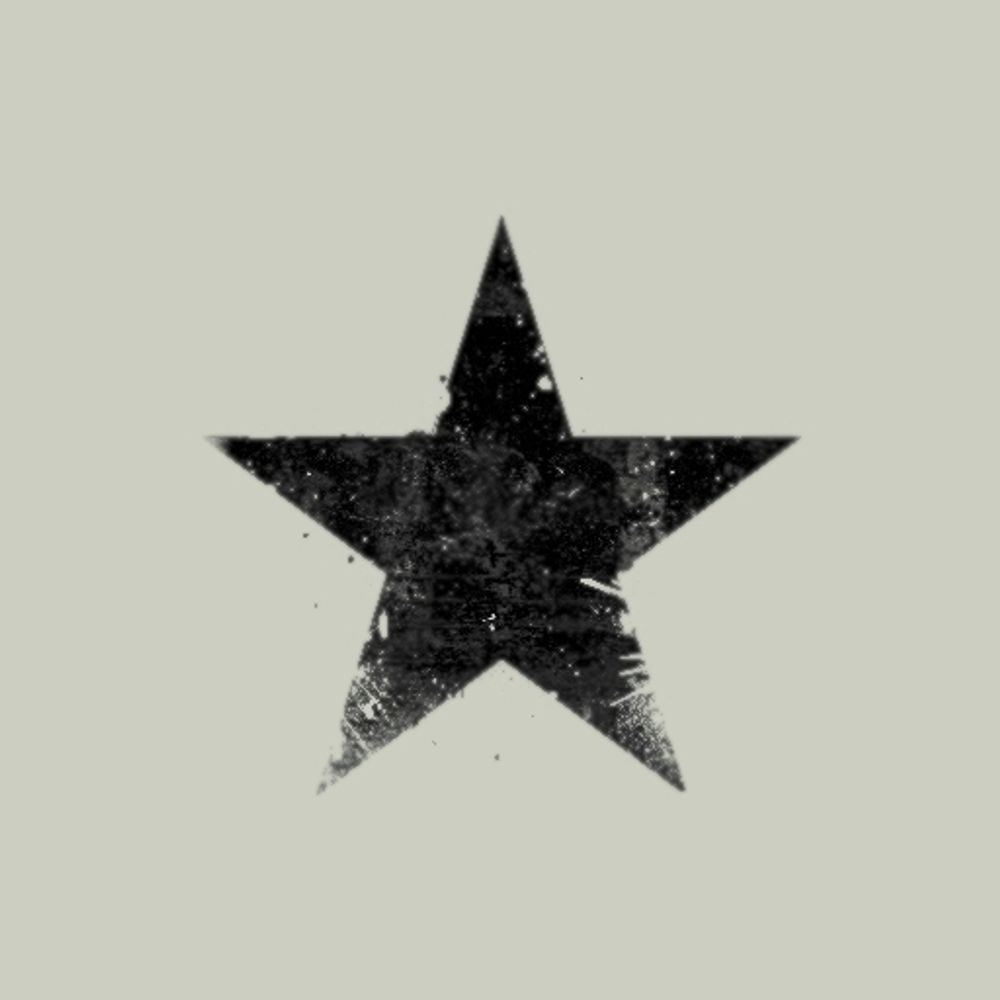a review of 满城尽带黄金甲

I think Zhang Yimou's unofficial (to my knowledge) wuxia trilogy, to which I include Hero, House of Flying Daggers and this, could also be called something like a rebellion trilogy. Because each one of these films focuses on individuals conspiring to overthrow the government. And while I rewatch Hero regularly, I've not revisited the other two in years. Looking at Curse of the Golden Flower now, I find the main themes to be: family and order. I think this is a sort of deconstruction of Confucianism. One of the core ideas of Confucianism is that a country should be run like a family, where the ruler is a patriarch, and those of lower rank should respect him as an elder, whereas he, being a patriarch, is supposed to take good care of them. Now, I'm no Confucianist, nor am I an expert on the subject. But I think the scene early on, where the whole family is sitting at the table, is the key scene in the movie, and probably sets up the entire Confucian basis here. Everything must follow the natural law, the emperor says. After the failure of the revolt, the family (or rather its remains) gather at the table yet again. And again the same ideas are being reinforced, but now in a different context. I think this royal family is supposed to represent the microcosm of the state. And the movie conveys the absurdity of treating a country like a family. Either that or the movie actually is Confucian and represents what happens when a family is run incorrectly. But this latter interpretation seems a little narrow-minded to me. Because it ignores the complexity that the hierarchy and power introduce to the situation. I also find it interesting how Hero tackled Daoist ideas, while this tackles Confucianist ones. Daoism and Confucianism are very different, even antithetical to each other in many aspects. Yet for centuries there have been continuous attempts at syncretizing the two. If I were to attempt to draw out some kind of narrative between the two films, I'd say there's probably an implication that no single ideology can be applied to a state in order to make it proper and just. But this sounds a little too Anarchist to be coming from a mainstream state-funded Chinese movie, so I dunno. All stated here is purely an interpretation.